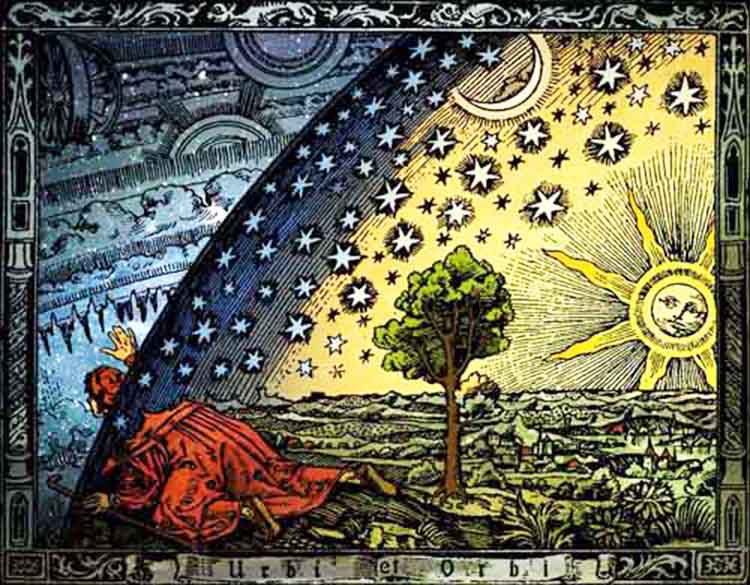Difference between revisions of "Cosmologies - New Earth Practise"
Bas de Haas (talk | contribs) |
|||
| Line 15: | Line 15: | ||
| − | As we see, people’s identities exist at different intersections of oppression and privilege. Therefore, feminism cannot be ''not'' intersectional | + | As we see, people’s identities exist at different intersections of oppression and privilege. Therefore, feminism cannot and must not be ''not'' intersectional. There is no hierarchy in equality, so we cannot make the fight for it a hierarchical matter. |
Hence I propose a new definition of feminism: "the belief in the social, political, and economic equality of all genders that recognizes the fact that different forms of oppression and privilege can impact individuals at the same time". | Hence I propose a new definition of feminism: "the belief in the social, political, and economic equality of all genders that recognizes the fact that different forms of oppression and privilege can impact individuals at the same time". | ||
Revision as of 21:23, 12 October 2020
The wikipage input value is empty (e.g. SomeProperty::, [[]]) and therefore it cannot be used as a name or as part of a query condition.
Cosmology (from the Greek κόσμος, kosmos "world" and -λογία, -logia "study of"). How we look at the world around us. Exploring the role of humans inside the world.
Posthumanism
Oppression and marginalized voices (Catalina)
Feminism
Feminism is "the belief in the social, political, and economic equality of the sexes" according to dictionary Merriam Webster (1893). Considering that this definition originated during first wave-feminism in the late 19th century (First-wave feminism, 2020) but since we are the time of fourth wave-feminism now, it seems overdue to revise it, as the role of women in society has changed drastically over the past 130 years.
A term that appears increasingly in the recent discourse of feminism is intersectionality. Coined by civil rights advocate and law professor Kimberlé Crenshaw in 1989 (Blaque, 2019), it describes the idea that an individual can be subject to different forms of discrimination at the same time. Therefore these forms of discrimination should not be treated as separate issues but need to be addressed in regard to each other. Crenshaw references the case of DeGraffenreid vs General Motors; a legal battle where a group of Black women tried to sue General Motors for discriminating against them. The court found the company not guilty because they employed women as well as Black people, only that all the women were white and all Black people were men. The court did not consider looking into the employment of Black women specifically (Blaque, 2019).
As we see, people’s identities exist at different intersections of oppression and privilege. Therefore, feminism cannot and must not be not intersectional. There is no hierarchy in equality, so we cannot make the fight for it a hierarchical matter.
Hence I propose a new definition of feminism: "the belief in the social, political, and economic equality of all genders that recognizes the fact that different forms of oppression and privilege can impact individuals at the same time".
Indigenous
Cosmopolitics
Non-Human and Making Kin
Anthropocene
=Storytelling=Links
CONTRIBUTE
Feel free to contribute to Beyond Social.









